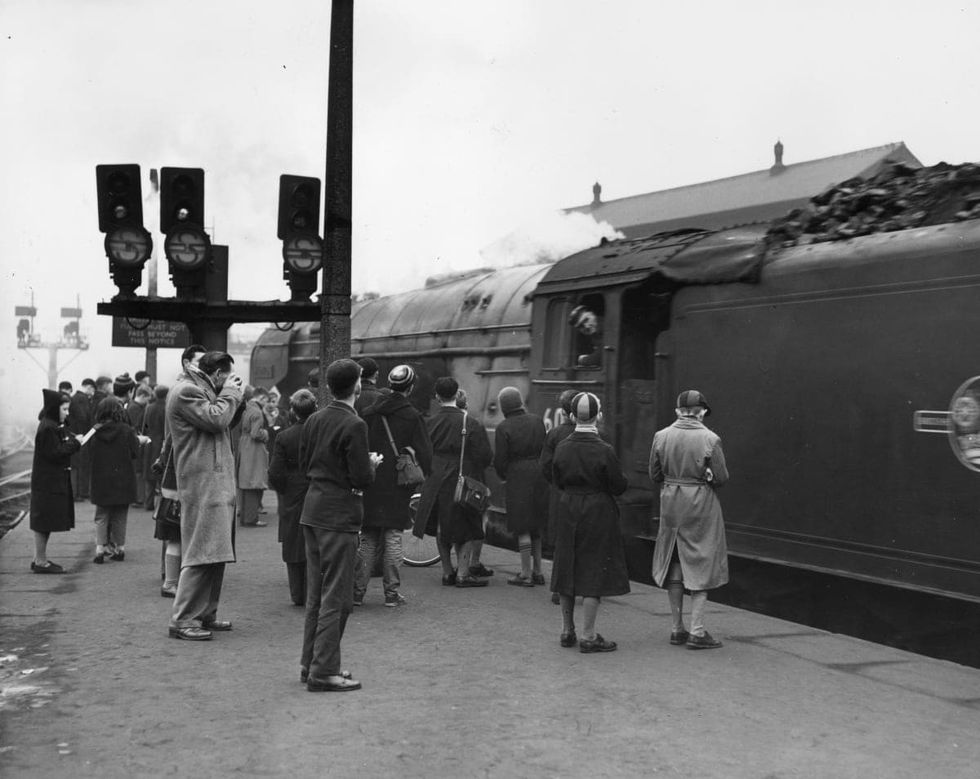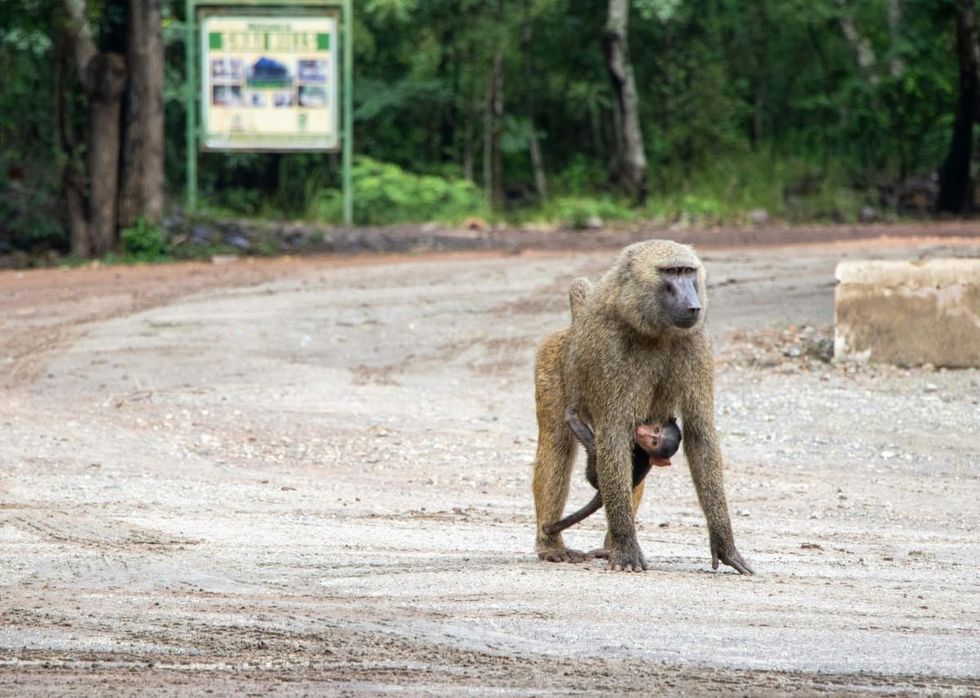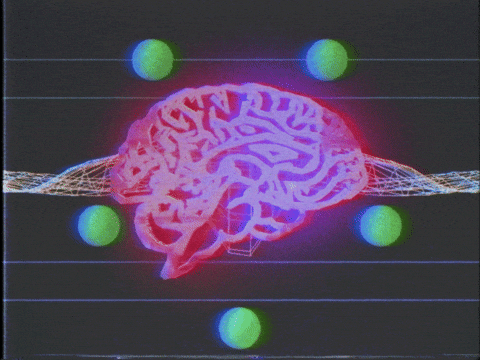In the late 1800s, a man named James Wide worked as a railway signalman for Cape Town’s Port Elizabeth Railway Station. He was known fondly as “Jumper” because he had the habit of jumping between railcars even when the trains were moving. One day he took an inaccurate jump, which cuased him to fall beneath a moving train. Although he survived the accident, both of his legs were completely crushed. He needed to hire someone to assist him in his job. So, he hired an assistant who was anything but an ordinary employee. He was a baboon.

Jack the Chacma baboon served the railways under Wide in South Africa for nine years. And on top of that, he never made a single mistake. Wide had first come across Jack at a local market in 1881, where he spotted the baboon leading an oxen cart. And there one the spot, he made up his mind. Wide reached out to the animal’s owner and discovered that Jack was trained to obey many basic commands such as pushing or pulling weights. So, Wide bought Jack to train him as his assistant.

Wide trained him for several tasks of varying levels of difficulty—from pushing his wheelchair between his home and the signal box to grabbing a key from a locked box and delivering it to the train drivers. Jack quickly grasped it all. He also learned the audio signals that the train drivers gave with their whistles and toots.
However, after one person filed a complaint about a baboon operating the railway service, Jack and Wide were fired from the job. With the support of some of his colleagues, Wide appealed to the department to give him and his assistant a chance to prove their capabilities.

After observing Jack’s abilities, the railways decided to officially employ the baboon. He was offered a salary of twenty cents a day, with a weekend bonus of half a bottle of beer along with a supply of snacks each week. Soon, Jack gained celebrity status among tourists and commuters. Sometimes, he could even be seen doing the gardening work at the station.
In 1890, the primate took his last breath as he passed away from tuberculosis. At present, his skull is displayed in the collection of the Albany Museum in Grahamstown. Jack’s story was originally published in the Nature Journal’s July 24, 1890 issue, per the Vintage News. This amazing story has also resurfaced on the internet.
It has been re-shared on various social media platforms, including a subreddit titled r/todayilearned. People shared some hilarious takes on this story, wondering over the scenario of a baboon working in railways. Many joked about what he did with his money; and how many paychecks he received at the end of his job. u/Lilpu55yberekt69 commented, “I feel there are a great many jobs that could realistically be replaced by a well-trained monkey. Why is everyone working on AI when we could just hire monkeys?” A song has also been composed based on the story of the baboon and the signalman.


















 Representative Image: Anxiety can manifest in many different ways.
Representative Image: Anxiety can manifest in many different ways. 

 Stoner's torso after a successful surgery.Photo credit: @sydneystonershelton
Stoner's torso after a successful surgery.Photo credit: @sydneystonershelton Bringing a family member to your doctor's appointment could help you ensure that your needs are met.Photo credit: Canva
Bringing a family member to your doctor's appointment could help you ensure that your needs are met.Photo credit: Canva
 You cannot be too careful when trying to prevent the spread of the flu.Photo credit: Canva
You cannot be too careful when trying to prevent the spread of the flu.Photo credit: Canva
 Big Brain GIF by Jay Sprogell
Big Brain GIF by Jay Sprogell
 Shake It Off Wet Dog GIF by BuzzFeed
Shake It Off Wet Dog GIF by BuzzFeed
 Working out with friends also makes exercise more enjoyable (and feel quicker).Photo credit: Canva
Working out with friends also makes exercise more enjoyable (and feel quicker).Photo credit: Canva
 People with Imposter Syndrome can't accept their achievements.
Photo by
People with Imposter Syndrome can't accept their achievements.
Photo by  Emotion Feeling GIF by Quilt
Emotion Feeling GIF by Quilt Psychologist - Free of Charge Creative Commons Notepad 1 image
Psychologist - Free of Charge Creative Commons Notepad 1 image